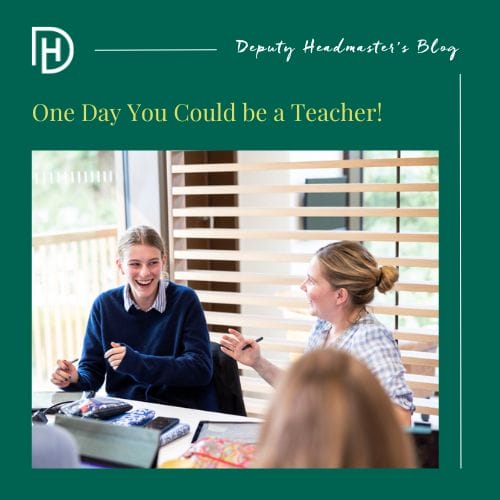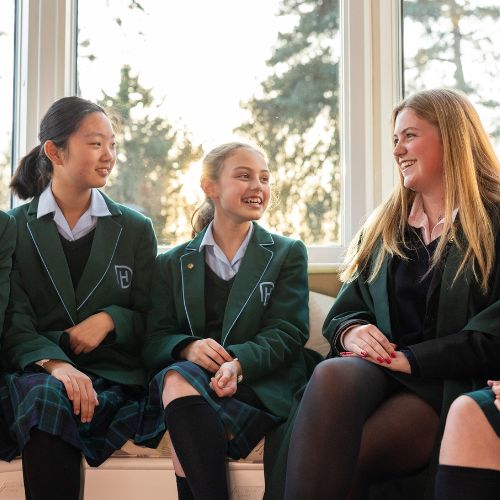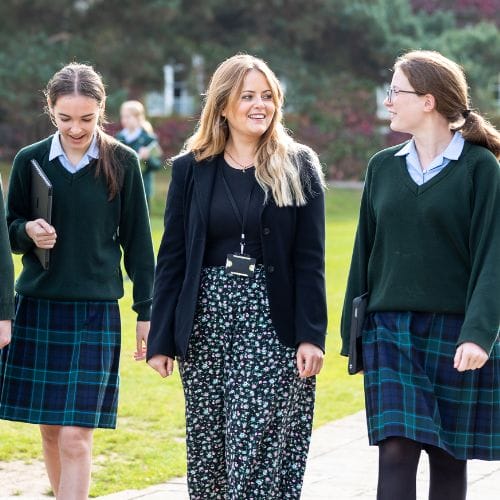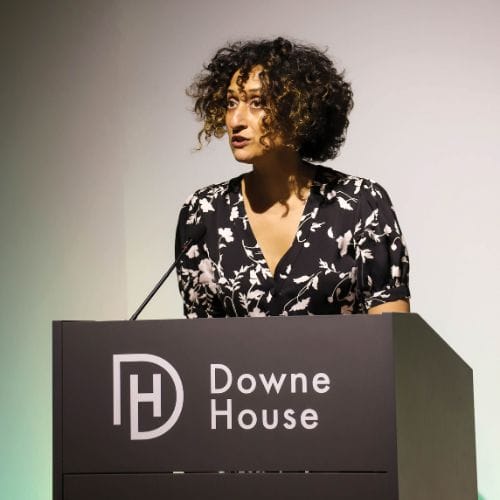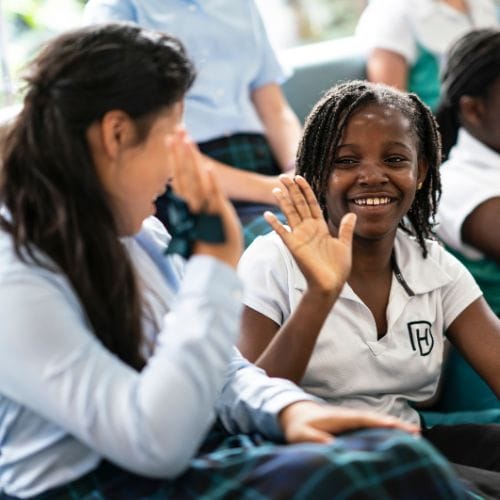
Did you see Britain’s Strictest Headmistress on ITV on Sunday evening? If not, I urge you to watch it on catch-up. It tells the inspiring story of Michaela Community School in Wembley, which is transforming the life chances of children from disadvantaged backgrounds.
The school opened in 2014 and despite 41% of its first intake of pupils being officially classed as disadvantaged and on free school meals, 54% of them achieved grades of 7, 8 or 9 at GCSE. The national average is 22%. In 2021, 82% of the Sixth Form graduates went on to Russell Group Universities, including Cambridge, LSE, St Andrew’s and Imperial.
On visiting the school as Mayor of London, Boris Johnson said: ‘I have never seen any other single institution in London that is so dramatically tackling the problems of our society.’
Britain’s Strictest Headmistress
I was lucky enough to meet and befriend Michaela’s founder and headmistress, Katharine Birbalsingh, when we were both completing our teacher training at the University of London’s Institute of Education in 1999.
I remember talking to her for the first time in the University café; we discussed our future careers. She was unequivocal about hers: “I’m all about the inner-city. That’s where I’m going to teach.”
At the time, that was my plan, too. I accepted a job offer at the comprehensive in west London where I had completed one of my teacher training placements. It was a very challenging school: only 10% of the pupils passed five or more GCSEs; the behaviour of many of the children was appalling; and the school management was weak.
Teaching there did have its rewards, but for various reasons – primarily the exhaustion of trying to manage the pupils’ behaviour – I quit after three years, having concluded that it was not a sustainable career option for me.
Since then, I have loved teaching in four top independent schools, most recently here at Downe.
I have, however, always maintained a strong interest in the state sector and for a long time felt frustrated that I had failed to achieve any sustained impact within it.
Michaela Community School
Fifteen years after our first encounter, I re-established contact with Katharine as I had read about the opening of Michaela. I visited the school – and was stunned by what she had achieved.
Her school serves a similar community to the comprehensive where I had taught – deprived, multi-cultural, multi-lingual – and is also unselective. Yet while abusive language and aggressive behaviour had been commonplace at my school, at Michaela the corridors were silent, there was total focus and engagement in lessons, and bullying was non-existent.
After my visit, I tried to convey my admiration. Katharine responded with a suggestion: “If you like it that much, Matt, why don’t you become one of my Governors?” I did so, and I remain so. It was a delight to help the school apply to the Department of Education for a licence to open a second Michaela School. We were successful, and Michaela Stevenage will open in September 2024.
Michaela has been described as a “secular miracle”. It has received a spectacular amount of publicity in recent years. Katharine was appointed CBE in 2020 and last year the government appointed her as Chair of the Social Mobility Commission.
What is the secret to Michaela’s success? You will need to watch the documentary for a full answer. I suspect you will come to the same conclusion as the one celebrity (Jeremy Paxman) who pops up at one point and says: “I like this school. It’s old fashioned.”
Katharine would challenge this assertion. As she states on the school’s website: “We make tradition fashionable. We work hard and persevere. We love to celebrate kindness and gratitude. We take on challenges and we jump over obstacles.”
Principles
While some aspects of the school are designed to meet the specific needs of its cohort of pupils, many of its principles will strike parents and pupils of Downe House as obvious: learning is teacher-led; high standards are expected; competition is encouraged; adult authority is upheld; gratitude must be taught; victimhood is dismissed as debilitating and is vehemently discouraged.
Katharine Birbalsingh believes that while her grandparents’ generation held these precepts to be self-evident, they have been gradually eroded by the UK’s education system over the past 50 or so years. This means that they are no longer upheld in many schools.
In the documentary, Katharine says: “The reason why children in disadvantaged positions end up failing is because nobody said to them: this isn’t good enough.”
I am sure she is right.
But all pupils at all schools need their teachers to set the bar high.
Note: The documentary on ITV is a 45 minute version of the full-length film (90 minutes), which is available for £4.50 by visiting www.strictestheadmistress.com

Mr Matt Godfrey
godfreym@downehouse.net





